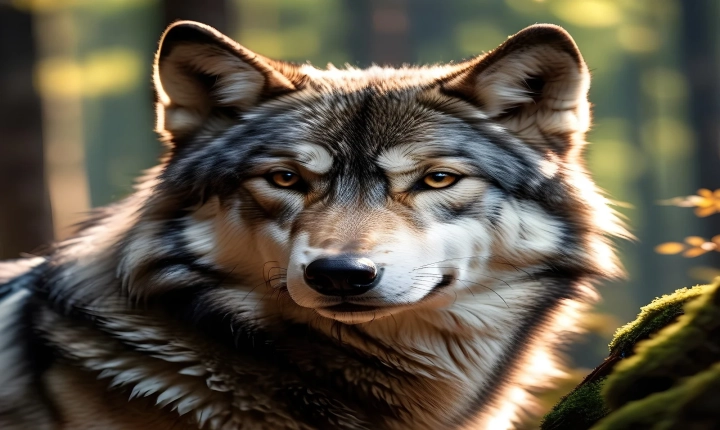Title: How to Create AI Art Prompts: Inspiring Artificial Intelligence Creativity
Artificial intelligence (AI) has made remarkable advancements in the realm of art, promoting new possibilities for creativity and expression. From generating visual artwork to composing music and writing poetry, AI has showcased its potential to generate captivating and thought-provoking art. One of the key elements in this process is the creation of AI art prompts, which serves as the starting point for AI to unleash its creative potential. In this article, we’ll delve into the process of creating AI art prompts and how they can inspire the generation of compelling art.
Understanding AI Art Prompts
Art prompts are essentially cues or stimuli that inspire artists to create. These prompts can take various forms, including words, images, themes, or concepts, designed to ignite the artist’s imagination and drive the creative process. When it comes to AI art, prompts play a crucial role in guiding the AI algorithms to generate diverse and captivating visual compositions.
Creating AI art prompts involves a delicate balance of specificity and ambiguity. On one hand, the prompts need to provide enough direction to guide the AI in a particular creative direction, while on the other hand, they should offer enough flexibility for the AI to generate unique and unexpected results. This balance ensures that the AI-generated art remains both coherent and innovative.
Steps to Create AI Art Prompts
1. Define the Theme or Concept: Start by identifying the overarching theme or concept that you want the AI to explore. This could be anything from nature and emotions to futuristic visions and surreal landscapes. Clarify the boundaries and the core ideas that should be reflected in the AI-generated art.
2. Curate Visual References: Collect visual references, such as images, artworks, or photographs, that align with the chosen theme or concept. These references can serve as a visual mood board to convey the aesthetic and visual style you want the AI to incorporate into its creations.
3. Craft Descriptive Language: Develop descriptive language or phrases that encapsulate the essence of the theme or concept. Consider using evocative words and descriptive language that can spark vivid imagery and emotional resonance, effectively communicating the tone and atmosphere you wish to convey.
4. Incorporate Abstract Elements: Introduce abstract or ambiguous elements into the prompts to encourage the AI to explore unconventional and imaginative interpretations. This could involve incorporating elements of randomness, unpredictability, or open-ended concepts to drive the AI towards unexpected creative paths.
5. Experiment and Refine: Test the effectiveness of the art prompts by feeding them into AI art generation platforms and observe the results. Refine and iterate on the prompts based on the generated art, adjusting the level of specificity and openness to generate more compelling outputs.
Inspiring AI Artistic Exploration
Effective AI art prompts have the power to inspire AI algorithms to embark on a creative journey, pushing the boundaries of traditional art creation. By providing carefully crafted prompts enriched with thematic depth, visual references, and abstract elements, creators can guide the AI towards producing art that resonates with creativity, emotion, and innovation.
The potential applications of AI-generated art prompts extend across various fields, including digital entertainment, marketing, and design, where AI-generated visuals can offer fresh and captivating perspectives. Furthermore, AI art prompts can serve as a collaborative tool, inviting human artists to collaborate with AI, blurring the lines between artificial and human creativity.
In conclusion, the process of creating AI art prompts holds significant potential for expanding the horizons of artistic expression and opening new avenues for creative exploration. By carefully designing thought-provoking and stimulating prompts, creators can unlock the full potential of AI art generation, pushing the boundaries of what is possible in the realm of artificial creativity. As technology continues to evolve, the synergy between human and artificial creativity promises to yield even more captivating and inspiring art forms.
